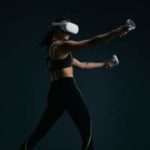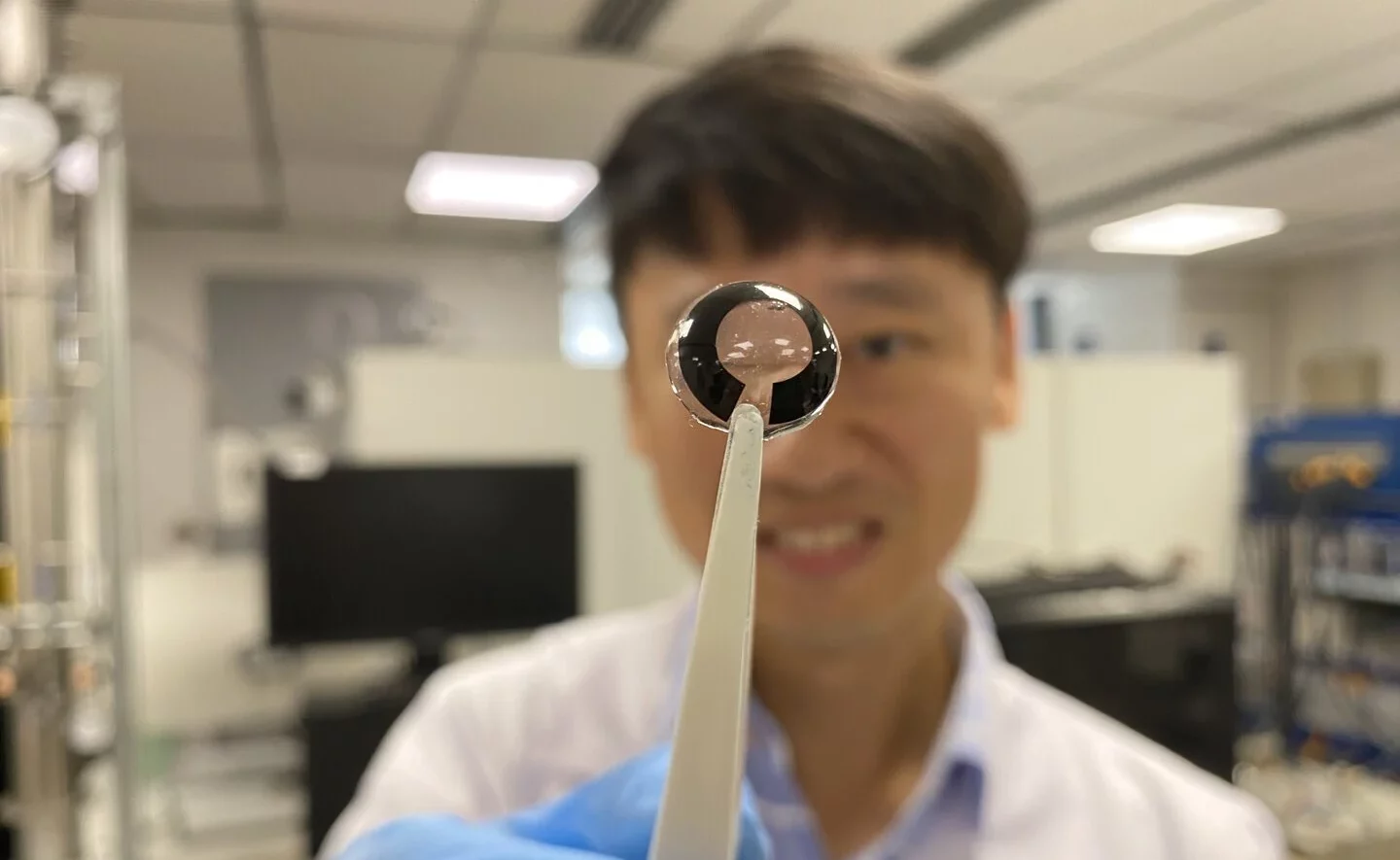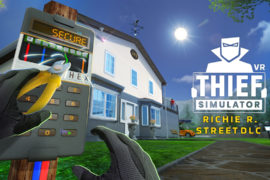These 3D human avatars are so realistic you can see the pores on the skin.
During today’s Meta (formally Facebook) Connect Keynote event, CEO Mark Zuckerberg walked us through a series of major announcements detailing how the newly branded company is building towards its vision of the metaverse.
During a conversation with Reality Labs Chief Science Officer Michael Abrash, Zuckerberg asked Abrash what it was going to take to put Meta on the path to becoming a metaverse company. Abrash listed a dozen technological breakthroughs necessary to achieve this goal, including haptics, hand-tracking, eye-tracking, and computer vision just to name a few.
Abrash also stressed the importance of realistic avatars, saying, “I think the metaverse first and foremost is about connecting people.” Zuckerberg agreed, explaining how avatars need to be both realistic as well as stylized. Users also need to be provided options. If you’re in a work meeting or conducting a presentation, you may want a more realistic human avatar with semi-professional clothing. If you’re hanging out with friends, a colorful dinosaur avatar might be more appropriate.
During Facebook Connect 2019, Abrash showed how Codec Avatars looked using realistic facial tracking. This year, Abrash showed how far Reality Labs has advanced their work with hair and skin rendering for 3D avatars. The company also demonstrated how artificial lighting can highlight minute details like pores and hair follicles.
In addition to facial expressions, Reality Labs believes that VR clothing will play a major role in how people express themselves in the metaverse. As a result, clothing needs to look real and carry the same physics as it would in the real world. Abrash gave us an early look at Reality Labs’ hand-cloth interaction technology. In the demo, you can see two hands react naturally with an article of clothing.
Despite these major advancements, there’s still much to be done before Codec Avatars can be made publically available.
You can see more of Reality Lab’s work on Codec Avatars here.
Feature Image Credit: Facebook (Meta)
The post Facebook’s Codec Avatars Look Almost Too Real appeared first on VRScout.





